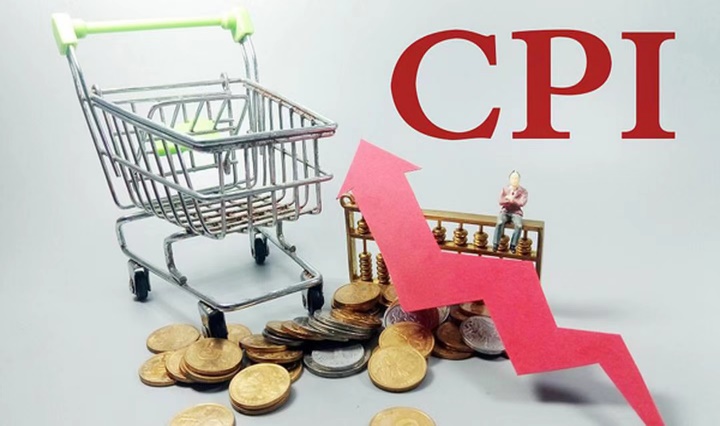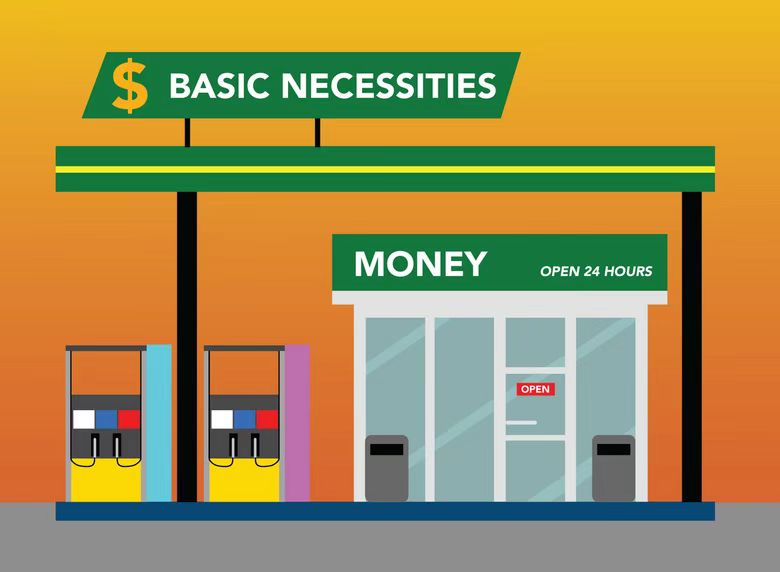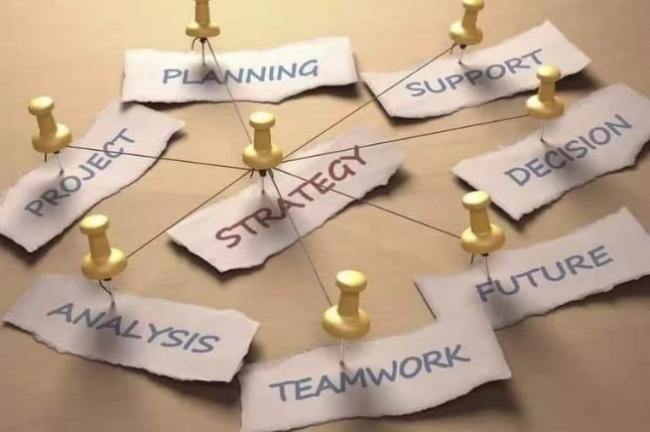No matter what the investment environment is, investors have a basic requirement for returns - to outperform inflation.
The reason is simple: if you can't outperform inflation, even if you operate frequently, your assets will be shrinking.
Why do we still feel that we don't have enough money to spend when capital financing has outperformed inflation? Maybe we misunderstand it.
Why are you so poor when your financial income is higher than CPI?

CPI (Consumer Price Index) reflects the changes in consumer prices and it’s an important indicator to observe inflation.
Is it enough to outperform CPI through financial products?
Of course not.
One important reason is that CPI cannot represent our personal consumption structure.
For example, when oil prices rise, car owners feel much stronger than others, but the "average" CPI may not be so obvious.
For another example, people who smoke will be aware of the rise in tobacco prices, but people who do not smoke are almost unaffected. This is the difference in consumption structure.
Maybe you know "necessary consumption" and "optional consumption".
" Necessary consumption " is commodities with low demand elasticity, such as agricultural, animal husbandry, fishery products, food and beverage. Necessary consumption is indispensable in life, so the rise and fall of prices have little impact on the demand.

On the contrary, the " optional consumption " represented by mobile phones, automobiles and household appliances. However, with the improvement of the economic environment, the proportion of optional consumer goods in our household living expenses is increasing. For example, the mobile phone you are holding now is "optional", but almost everyone has one.
Some hidden optional consumer goods are often ignored, such as the tuition fees for children's interest classes and cram schools. In addition, another factor that makes you a "poor person who can outperform CPI" is housing price. The purchase price of commercial housing is not considered in the CPI. But the reality is that buying a house is a major event for many families, and even the biggest expenditure in many people's lives.
Our perception of prices is different from that of CPI. The key is the difference in consumption structure. CPI is the average result calculated, just like the "average wage" we often talk about. Optional consumer goods and expenditures are not included in the CPI, which expands the difference. So outperforming the CPI will not solve the problem of shrinking your assets.
When an asset depreciates, holding other assets can hedge this risk. Now this "certain asset" is equal to currency, and the "depreciation risk" is inflation.

So which type of asset is the best hedge against inflation?
In the short term (holding for one year), stocks, bonds and short-term government bonds are difficult to effectively hedge against inflation risks. But in the long run (holding for 30 years), the real yield of stocks is almost unaffected by inflation, while the bond yield is far behind.
Whether prices rise or fall, stocks outperform bonds. Because everyone's consumption structure is different, CPI is often different from your actual situation. You may also lose your assets and become a "poor person who has outperform the CPI". Long term inflation risks can be completely hedged by equity assets.




